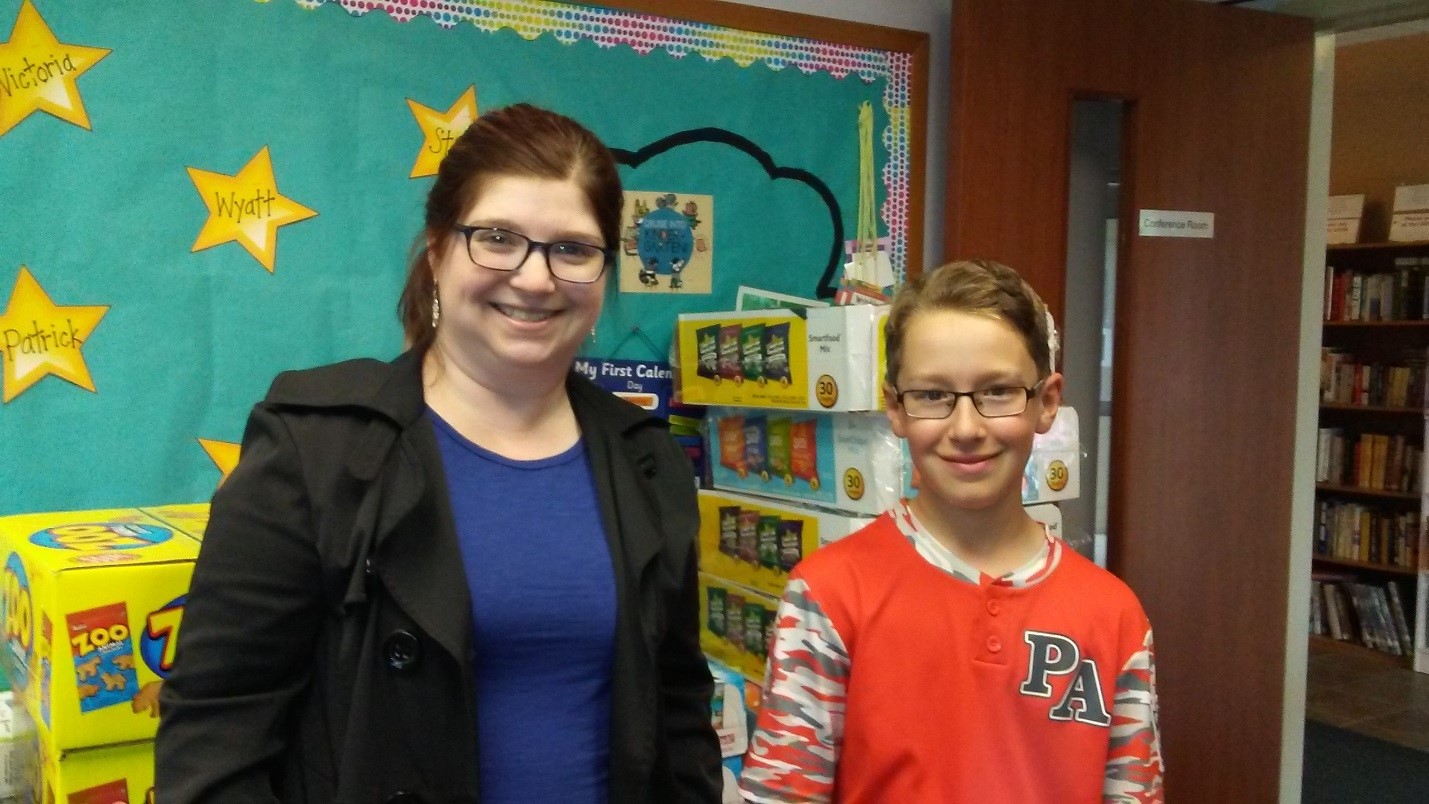by Leslie LaBarte
District Consultant
Seneca District
The Summer Food Service Program, which began in 1976, is a federally funded child nutrition program designed to reach those who are age 18 or younger in economically disadvantaged areas. People over 18 who are mentally or physically handicapped and participate in public or nonprofit private programs established for the disabled are also able to receive free meals at the Summer Food Service Program sites.
The federally-funded program reimburses participating organizations for meals served to children who live in areas in which at least 50 percent of the children qualify for free or reduced-price meals under the National School Lunch Program.
During the summer of 2016, 295 organizations participated in the Summer Food Service Program, providing nutritious meals to children at over 2,600 locations throughout the state. In order to reach more children and narrow the hunger gap that summer may bring, more organizations and meal sites are needed throughout the state, especially in rural areas.
In 2017, 16 of the 17 libraries within the Seneca District (Cameron, Elk, Forest, McKean, & Warren Counties) provided nutritious snacks to the children of their communities. At the S.W. Smith Memorial Public Library in Port Allegany, PA, Henry Kisler assisted with the program as part of his 6th grade service project at Port Allegany Elementary School. Henry set out the daily prepackaged snacks at the table and marked each snack that was served, under the supervision of library director, Mary Grace Collier-Kisler and other volunteers. During this program, Henry experienced the need in his community first-hand and helped to provide food to his peers. “There has been an overwhelming amount of local support for this program, not only in the form of volunteers, but local businesses and farmers wanting to provide fresh fruits and vegetables too,” according to Mary Grace.
This program is vital to rural communities and many communities see the need and don’t know how to help. This is where the opportunity lies for libraries to lead the way and facilitate partnerships to be more than just books to their communities.


